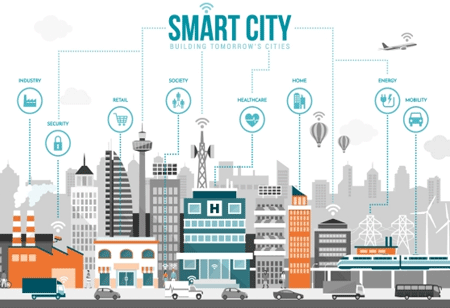THANK YOU FOR SUBSCRIBING
How Big Data is Transforming the Education Sector
Entrepreneurs in the education sector can develop innovative solutions to the issues of scalability and data storage, privacy, and information security for an impactful and profitable experience

By
Apac CIOOutlook | Tuesday, August 11, 2020
Stay ahead of the industry with exclusive feature stories on the top companies, expert insights and the latest news delivered straight to your inbox. Subscribe today.
Entrepreneurs in the education sector can develop innovative solutions to the issues of scalability and data storage, privacy, and information security for an impactful and profitable experience
Fremont, CA: The education sector has been slow to adapt to the advanced technology that many industries have been leveraging on. This issue has led to the rise of EdTech and is utilizing advanced technologies to refine the educational process.
Here are three ways big data is transforming the education industry:
Increased Participation
Many students are applying for Massive Open Online Courses (MOOCs) and distance learning courses, thanks to big data and the ability to personalize the content and timelines of courses to tailor to their needs. This step in the educational space impacts many multiple sectors and also benefits economies as the outcome of it is getting a highly educated workforce is respective sectors.
EdTech will be a significant development area for big data, AI, and machine learning because of its human facing nature and its importance to society.
Personalizing the Learning Process
Personalization and big data have also gone hand to hand, and its capability to follow various aspects of the subject’s activities helps gather conclusions from their behavior. These conclusions are used to create learning routes for students and enabling them to select courses they want to take, the duration they want to spend in each lecture, and when they are ready to take tests.
Personalized learning processes are effective and improved by how it is easy to stay in touch with teachers and students through forums and other platforms.
Helps Measure Student Performance
The implementation of internet-based learning helps course designers keep an eye on data points like how long a student takes to answer every question in a test and how many times they’ve returned to a specific text or video. The data points then give a complete picture and accurately make changes to particular areas of the course.
See also: Top EdTech Startups





